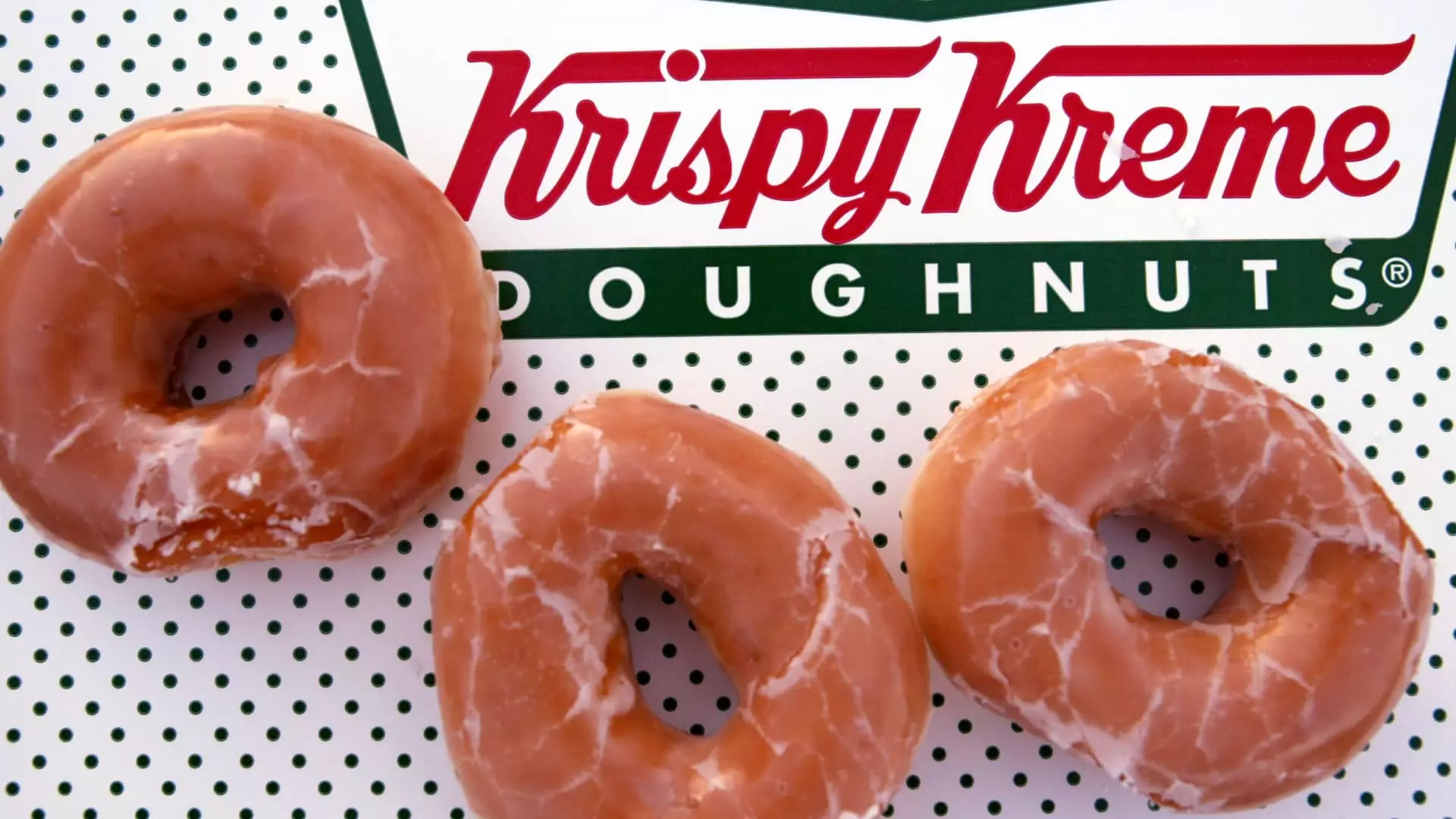In recent times, the stock market has been shaped more by internet hype and social media shenanigans than by fundamental economic indicators. Meme stocks like GoPro and Krispy Kreme have surged unbelievably, driven by the fervor of online communities craving quick riches. What’s alarming isn’t just the volatility—though that itself is dangerous—it’s the collective retreat from rational investing, as traders chase fleeting gains fueled by hype rather than facts. This spectacle exposes a fundamental flaw in our current market structure: the dangerous reliance on sentiment, which can override basic valuation principles, leading to bubbles that threaten broader financial stability.
The Psychology of the Retail Trader
The excitement surrounding these shares mirrors a dispiriting shift in investor mentality. The narrative of “YOLO,” or “You Only Live Once,” encapsulates a reckless approach that dismisses prudent risk assessment. Retail traders, often armed with minimal knowledge and inflated confidence, get caught up in the thrill of the herd. They idolize stocks that are fundamentally flawed—like GoPro, a penny stock languishing below $1 for much of the year, and Krispy Kreme, with a significant short interest—luring them into traps. This behavior is symptomatic of a broader societal tendency to chase quick fixes and instant gratification, undermining the long-term health of financial markets.
The Market’s Illusion of Stability
What’s most deceptive is how this speculative fever coincides with a seemingly robust market environment. The recent rally in the S&P 500, propelled by optimistic headlines about trade deals and potential Federal Reserve rate cuts, convinces many that economic fundamentals support such exuberance. But beneath the surface, these gains are often disconnected from reality—more a testament to temporary sentiment shifts and artificially inflated valuations than genuine economic growth. This disconnect risks creating a fragile market, vulnerable to sudden corrections when the spell of optimism inevitably breaks, exposing the underlying weaknesses in the system.
The Consequences of Blind Hype
Such episodes threaten to erode trust in the market’s integrity. When traders prioritize social media-driven momentum over critical analysis, it fuels reckless behavior that can lead to catastrophic losses for the unwary. This is not just about individual investors; this phenomenon undermines the entire financial ecosystem. It encourages short-termism, glorifies speculation over productivity, and distracts policymakers who should focus on fostering sustainable economic growth. The market’s role as a capital allocator becomes compromised when hype-driven narratives distort the true worth of assets, setting the stage for crashes that will damage countless lives and erode faith in capitalism itself.
In essence, the recent meme stock frenzy underscores a troubling shift—one where emotion and hype override reason, risking the stability of markets and the prudence of investors. It’s imperative that regulators and investors alike recognize the danger and resist the siren call of easy riches. Instead of fueling the illusion of limitless gains through hype and speculation, the focus must shift back to fundamentals, responsibility, and long-term value creation.

